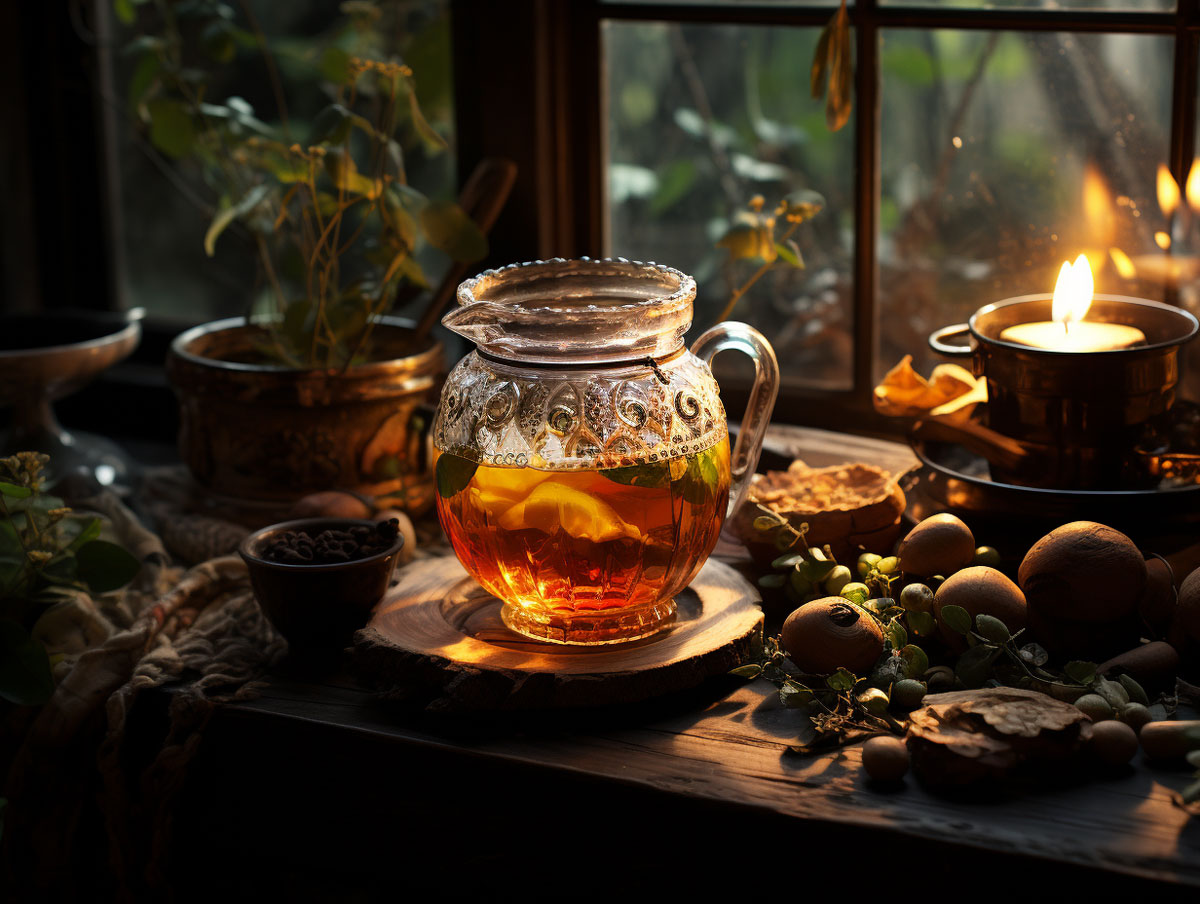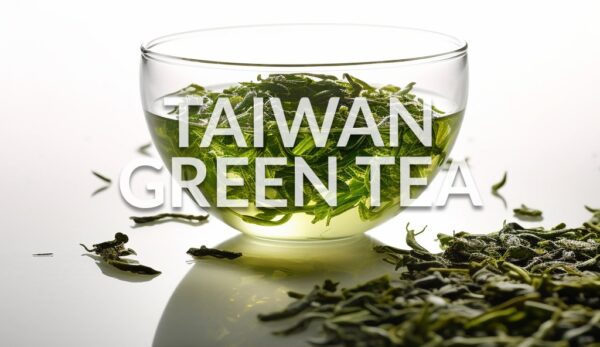Gourmet Tea » Tea Blog » Qigong Information » A TCM Approach on How to Preserve Energy in the Winter

A TCM Approach on How to Preserve Energy in the Winter
In this article we cover how to preserve energy in the winter from a Traditional Chinese Medicine (TCM) perspective. The arrival of “Li Dong” marks the beginning of winter in traditional Chinese culture. It signifies the time for preservation and protecting oneself from the cold winds and energy. Here are some key points and practices related to health maintenance during winter in Chinese tradition.
Background
In ancient Chinese culture, each season held a specific role, and winter symbolized “preservation.” This involved taking steps to stay warm and maintain health during the cold months. People kept windows closed to prevent exposure to cold winds and stayed in well-insulated areas. They wore warm clothing and slept with thick quilts to protect against the cold.
Diet also played a vital role in this preservation. Traditional Chinese medicine recommended certain foods for each season, and millet, often referred to as “sticky rice,” was favored in winter for its warming properties. High-calorie foods like rice cakes and mochi were also popular. Tea remained a preferred drink during winter to help maintain warmth.






